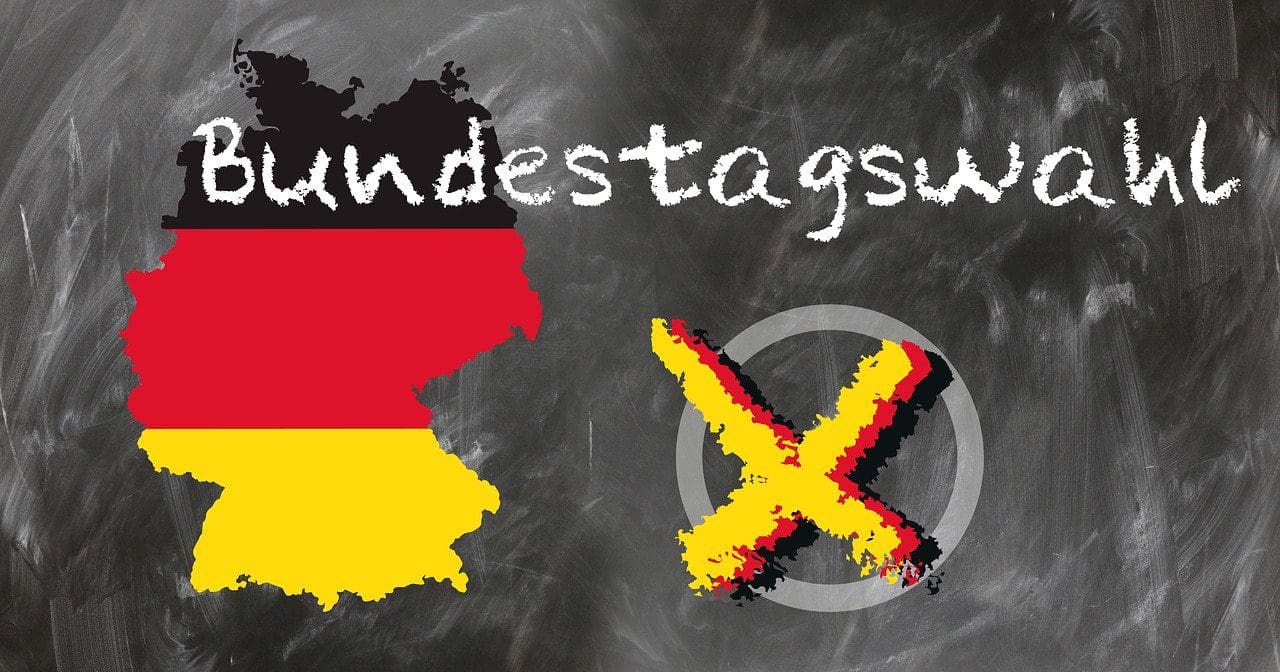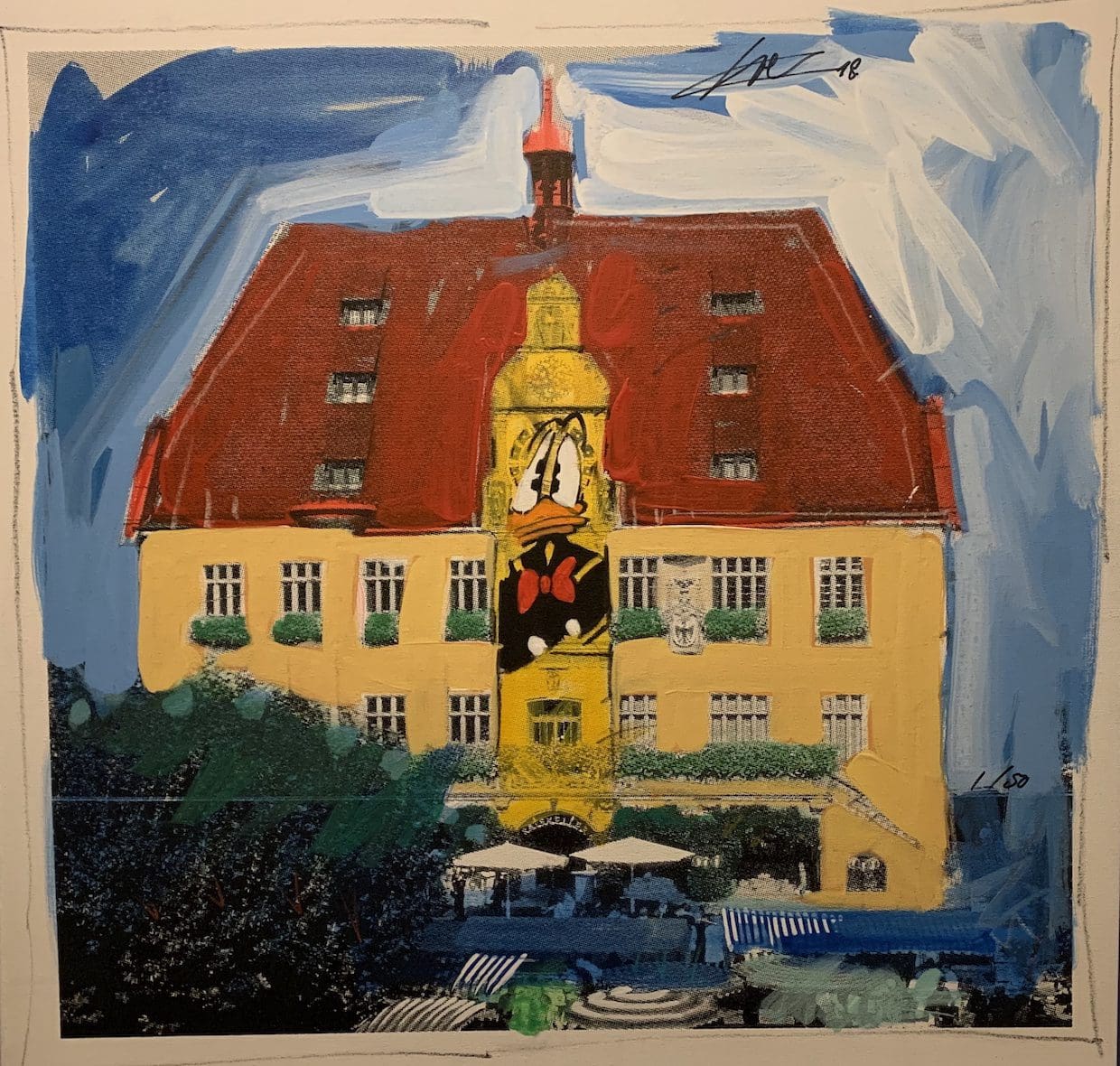Post photo: Pixabay
It has probably never been as difficult as this time before. Even if some parties try at the last minute to explain their relevance to the citizen, no party, whether in the opposition or even in the government, has achieved any merits in the last legislative period.
It is therefore no longer possible to make a decision on the basis of performance criteria, and so only the promises of the parties for future government work remain, whereby, apart from these promises, there is hardly any recognizable concept by the parties that can be taken seriously or even tolerable and implemented.
And we know from experience that no party ever intends to implement its promises, because if these are not cashed in during the necessary coalition negotiations, they will be exposed as hollow statements in everyday government at the latest and, "because of reality", as unworkable again in the drawer so that they can be reused for the upcoming election campaign.
So the last hope remains alone with the candidates on site, which you hopefully know and can also reasonably assess.
And there it looks at least "in my constituency’ (267) rather meager:
There we have Alexander Trom, a lawyer who has been in the state parliament for years and, after not being elected there, has been in the Bundestag since the last election (2017). Its location advantage is that the CDU has won the direct mandate in the constituency without interruption since 1976.
Then we have Josip Juratovic, a trade unionist who has been a member of the German Bundestag since 2005, but is increasingly losing the support of his own party (SPD). So it remains to be seen whether the "momentum" of Olaf Scholz enough to enable him to re-enter the Bundestag.
Auch Michael George Link, a translator, has been in the German Bundestag for the FDP since 2005, with "a break". As a former Minister of State in the Federal Foreign Office, he already gained government experience there and used his time off as a member of parliament to gain international experience with the Organization for Security and Cooperation in Europe. One can assume that he will move into the Bundestag again this time.
But it gets really scary with the candidates from two parties, each occupying opposite ends of the party spectrum; one candidate has been in the German Bundestag since 2017, and one can only hope that this was a one-off event.
The whole thing is topped by a governing party at state level, which is probably due to a "clear shortage of skilled workers", sending a student into the race and thus signaling that from the party's point of view, no qualifications at all or at least a little bit of experience is required to act as a people's representative for us to make vital decisions.
So we citizens, if you look closely, hardly have a right choice. But at least I know who I will vote for as a direct candidate.
And maybe one of the three really serious candidates will succeed in persuading me to vote for his own party in the last few meters of the election campaign. Given the current state of these parties, a real Herculean task.
That's why I'm not going to vote by post this time, in order to give the parties and candidates as long as possible a chance to score and convince - after all, the fate of our country is at stake.
"Whatever the label on the parties, or the war cries issuing from the demagogues who lead them, the practical choice is between the plutocracy on the one side and a rabble of preposterous impossibilists on the other."
Henry Louis Mencken, Notes on Democracy (2013 [1926]: 153)







